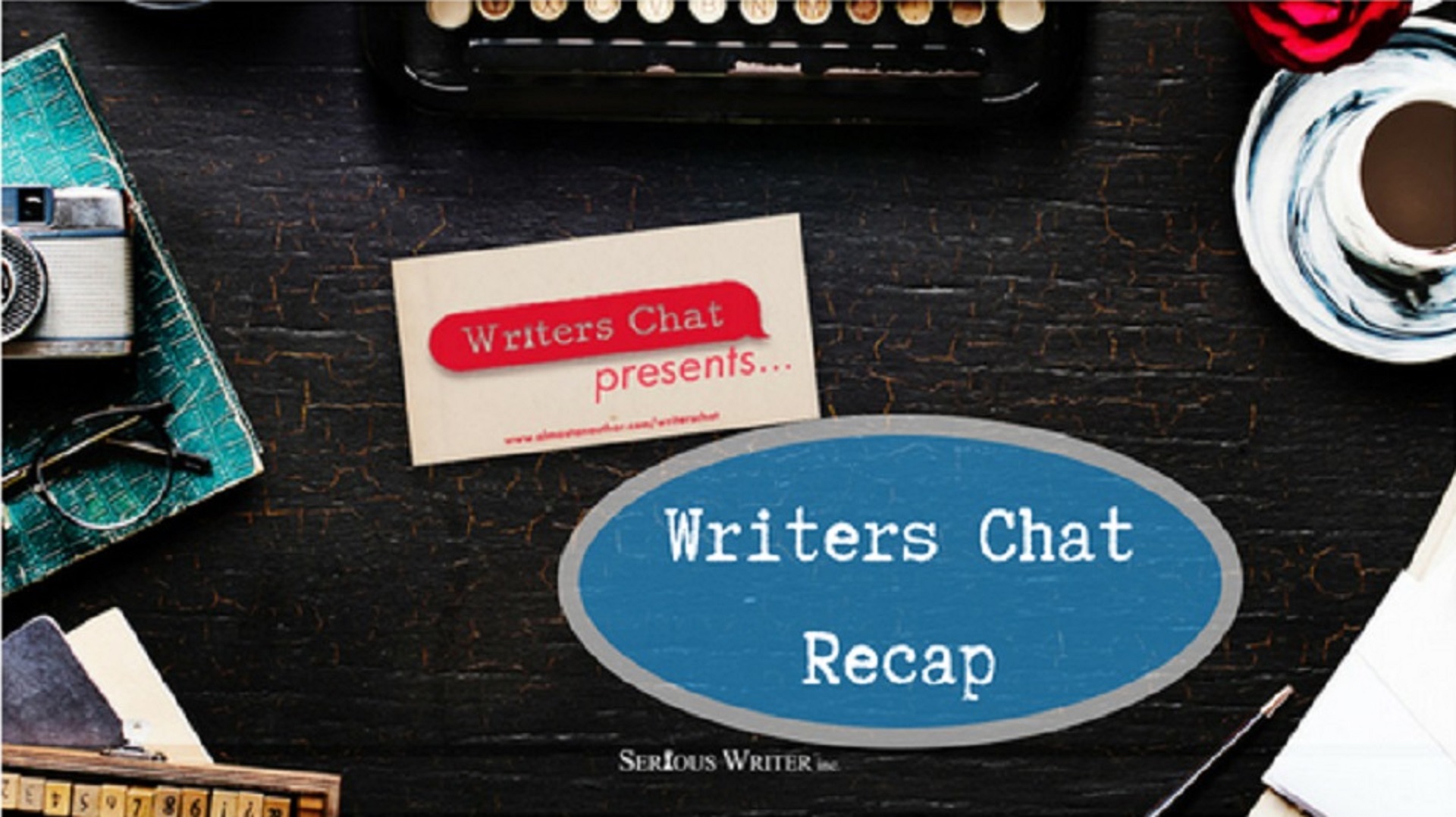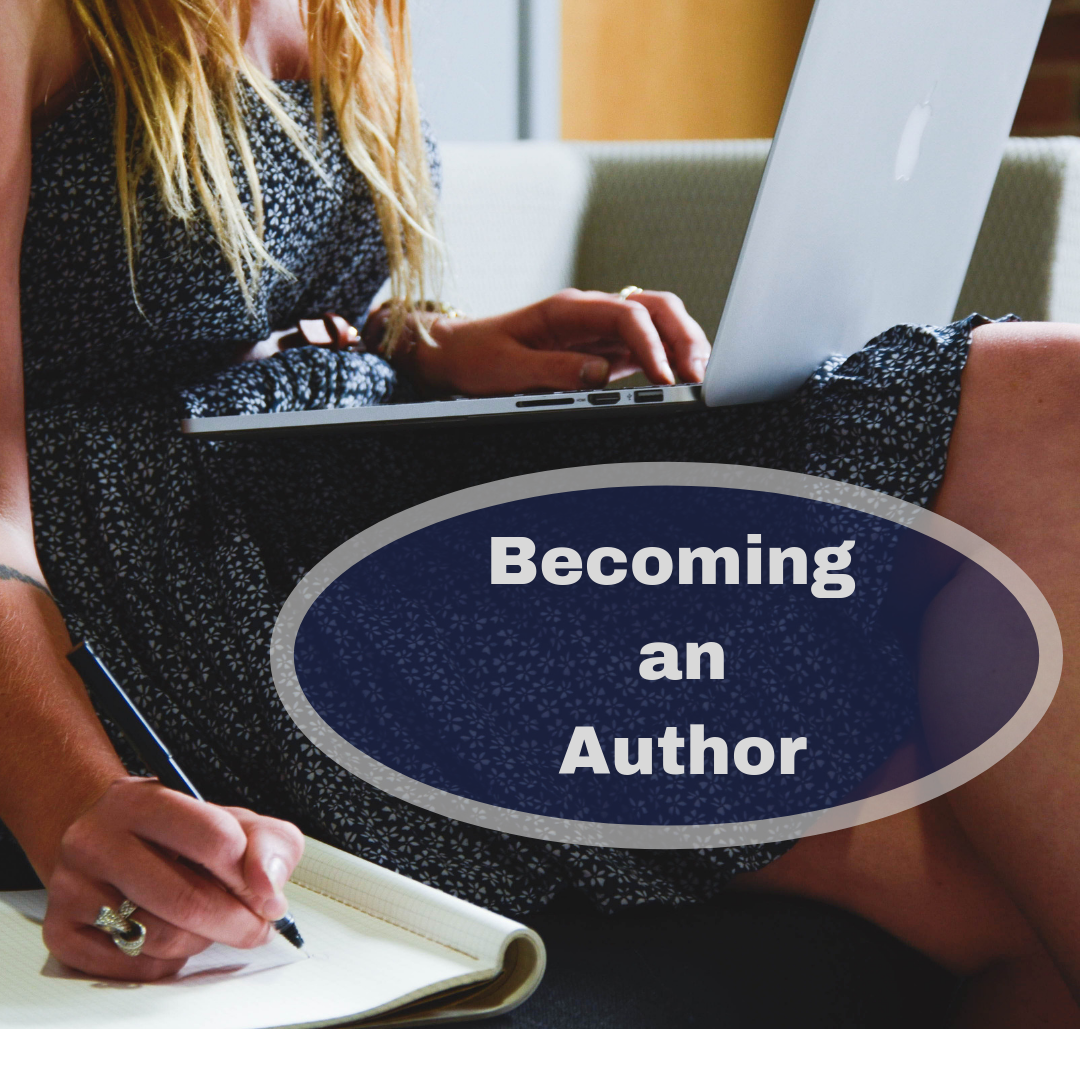
Yoo-Hoo Agents!
One gazillion years ago when I started writing on stone tablets, I never needed an agent to get published.…
September 8, 2023
One gazillion years ago when I started writing on stone tablets, I never needed an agent to get published.…
September 8, 2023Editors and agents are blasted with submissions every day. I know because I’ve been one of them for…
August 25, 2022
Writers Chat, hosted by Jean Wise, Johnnie Alexander, and Bethany Jett, is the show where we talk about all…
July 30, 2020
I remember those days of whining to myself. “But it’s good. Everybody says so, especially all my friends and…
February 25, 2020
Are you familiar with PitMad? #PitMad is a pitch party on Twitter where writers tweet a 280-character pitch for their…
November 27, 2019
In the previous post, I discussed how you can prepare for a literary agent by approaching the relationship with…
November 9, 2019
Recently, I received a message on social media from a literary manager in Hollywood. Although she isn’t taking on…
November 4, 2019
When I meet with writers at writing conferences, they aren’t always afraid to share why they want a literary…
October 9, 2019
Whether you write for children or adults, or both, meeting with industry professionals at writers’ conferences is essential. But…
January 21, 2019
In the rush to show a literary agent or editor your idea, many writers forget a simple yet important…
December 25, 2018
“Lisa, everyone is asking me when they can buy a copy of the book.” I looked at my friend…
September 15, 2018
Congratulations, the agent, and publisher liked what they read in your Cover Letter, and opened the door to the…
March 25, 2018
I know about new writer pitfalls first hand. When my first book was written in 2009, the publishing industry…
August 25, 2017
“Hi Their [sic]” were the two words I read. “Bye There!” was the instant reply in my head. Really?…
June 26, 2015